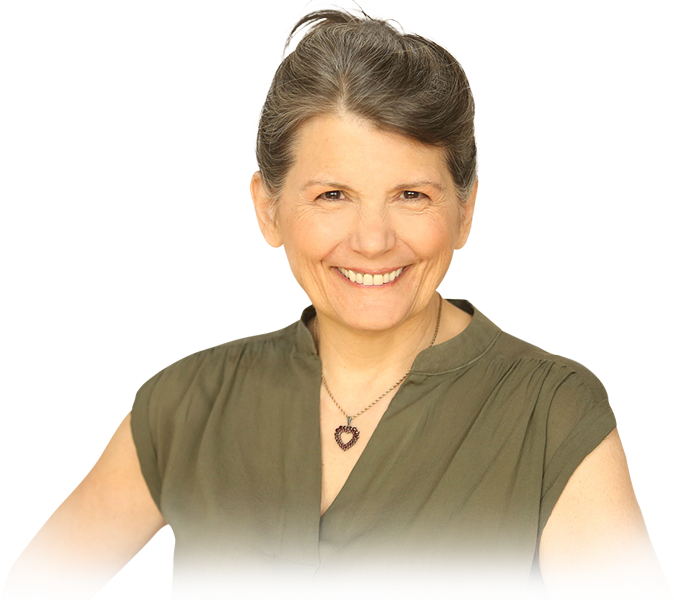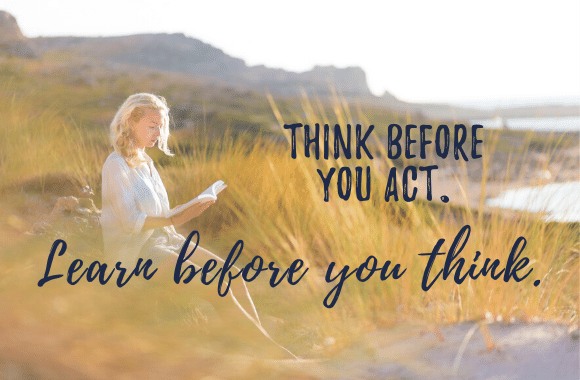
It goes without saying that we are living in a time of incredible challenges and change.
I had planned to write today about Perceptual Style and building the business that supports your practice–and then invite you to work with me.
But it’s abundantly clear that this is not the time for that.
This is the time for me, as a white woman who wants my outward action to match what I feel in my heart, to stand up and use the privilege my whiteness gives me to make a difference right now.
In 1968 I watched smoke blacken the sky over Washington DC from the safety of my dorm at an almost entirely white, Catholic women’s college. I know that at 18, I had very little idea of what really led to those riots, so it was easy to buy into what the white people spinning the narrative wanted me to believe—which was, of course, what served them.
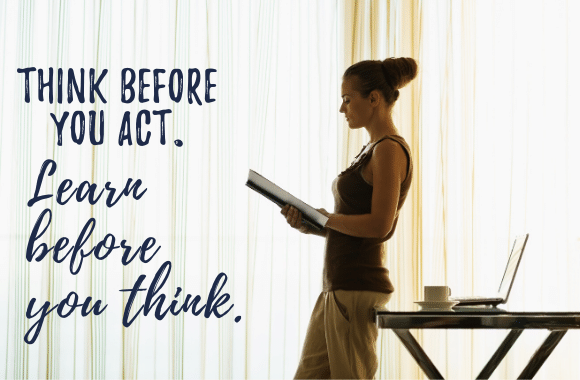 It’s not that I was uninvolved… it’s that I was way under-informed. That’s a place none of us can afford to be any longer.
It’s not that I was uninvolved… it’s that I was way under-informed. That’s a place none of us can afford to be any longer.
While this time bears a lot of resemblance to that time, things have changed in 50 years. The difference in who is marching, protesting, standing up and speaking out is striking and gives me new hope that now we actually CAN make the kind of difference that will begin to heal the massive wounds that have left the United States bleeding for centuries—literally and metaphorically, in every way possible.
And it’s made me recommit to keep on keeping on—which means I’m not going to be quiet, I’m not going to sit down and be polite. I’m not going to let people get away with ignorance, injustice and inhumanity when I see it happening.
I’ve spent 70 years becoming who I am today, and 35 years building a platform from which I can make the difference I came here to make. This is no time to stop, so it looks like I’ll die with my boots on because this fight isn’t going to be over any time soon.
Today I’m using that platform and the connection you and I have as transformational practitioners and leaders to offer ideas about what we can do to educate ourselves, foster change, and amplify the voices of the Black community.
~~~~~
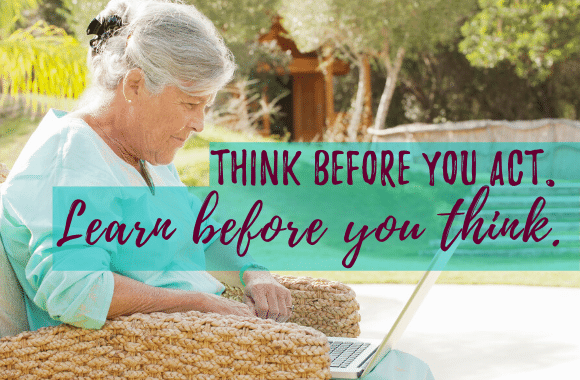 Begin
Begin
If you know you’re under-informed, a good place to start is with this anti-racism resource list. It’s long and it’s a Google doc, that’s being updated a lot.
You can’t absorb it in a quick read.
And while nothing on it is here because it’s going to make you feel glad, some of it will probably make you feel mad or sad which is a good thing. But I’m guessing you’re still reading because you want to make a difference, so bookmark the link, decide on how much time you’ll spend every day on this doc, then put that appointment with your evolving self into your calendar and show up consistently to fulfill your promise to yourself, to humanity and to the future.
Read
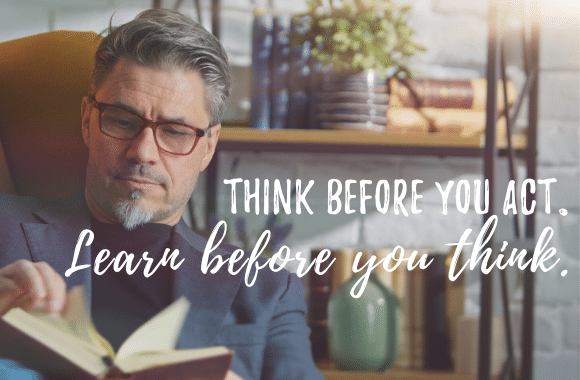 This is a list of books recommended by educators and activists to help white people who don’t understand, don’t know what to say, don’t know what to do, or don’t know where to start. https://nymag.com/strategist/article/anti-racist-reading-list.html
This is a list of books recommended by educators and activists to help white people who don’t understand, don’t know what to say, don’t know what to do, or don’t know where to start. https://nymag.com/strategist/article/anti-racist-reading-list.html
This is a larger list, also recent, compiled by booksellers in the Boston area. https://www.boston.com/news/books/2020/06/05/boston-bookstores-anti-racist-book-lists
If you have children, these books might help you explain what’s going on to them: https://www.nytimes.com/2020/06/02/parenting/kids-books-racism-protest.html
I’m currently reading The New Jim Crow by Michelle Alexander and it’s painfully eye-opening especially because I lived through so much of the time under discussion without seeing what was really happening. Definitely not an upper in that regard. But honestly, is it ever too late to learn something important, especially if it changes my mind or heart or behavior?
The most shocking thing I took away from Biased, by Jennifer L. Eberhardt, PhD, was how pervasive the indoctrination process is and how easy it is even for black children (like her own son) to accept that people who look like them are inherently untrustworthy.
Whatever you choose, if it’s possible to buy it from a book store owned by a person of color you can do two good things at once.
Watch
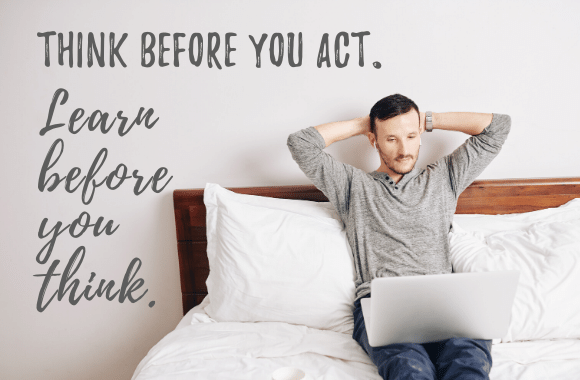 13th is a documentary about the 13th Amendment, which makes it illegal for someone to held as a slave. So we had to invent Jim Crow … and then when we figured out that it was another form of slavery, we switched to mass incarceration. So the US is the country that accounts for 25% of the incarcerated people in the world. And you can bet your bottom dollar. I hate this film so much that I keep watching it so I stay focused and ever forget that what we don’t know kills people we don’t know. It’s on Netflix.
13th is a documentary about the 13th Amendment, which makes it illegal for someone to held as a slave. So we had to invent Jim Crow … and then when we figured out that it was another form of slavery, we switched to mass incarceration. So the US is the country that accounts for 25% of the incarcerated people in the world. And you can bet your bottom dollar. I hate this film so much that I keep watching it so I stay focused and ever forget that what we don’t know kills people we don’t know. It’s on Netflix.
Here’s a playlist of TED talks focused on understanding racism in America.
I Am Not Your Negro is a 2016 documentary based on James Baldwin’s unfinished work, Remember This House. You can view the trailer here, and buy it for as little as $0.99 on YouTube.
“The future of the Negro in this country is precisely as bright or as dark as the future of the country. It is entirely up to the American people, whether or not they are going to try to find out, in their own hearts, why it was necessary to have a N—er in the first place. Because I’m not a N—er. I’m a man. But if you think I’m a N—er, it means you need it and you have to find out why.” ~~ James Baldwin.
Listen
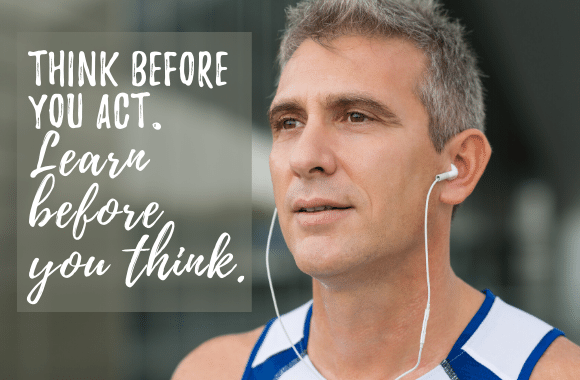
Podcasts on this topic are plentiful. If you don’t know where to look, start here and ask for suggestions on your favorite social media channel.
5 Podcasts to Listen to If You Really Want to Know about Race In America
21 Podcasts that Confront Racism in America
Here’s a podcast that blew my mind … Seeing White from the Scene On Radio podcast. I was astonished to discover where the idea of white vs black came from and when it arose—but not at all surprised to find out that Christianity was involved.
I want to caution you—if you are serious about educating yourself about race, you will be challenged in every area of your belief structure.
Share
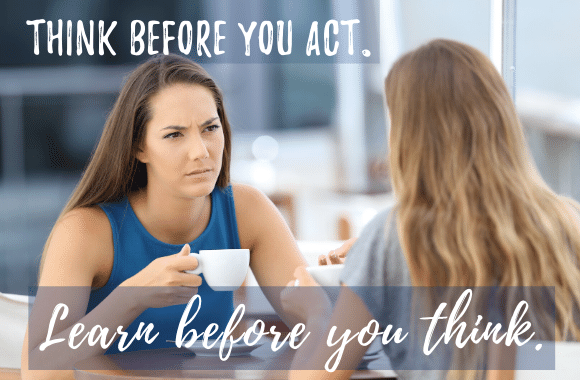 Talk with family, friends, neighbors and clients about the books you’re reading and how they are changing what you think and do.
Talk with family, friends, neighbors and clients about the books you’re reading and how they are changing what you think and do.
Tell people about the beliefs you used to have about race and racism, what you believe now and how you made the shift.
Post on social media about what you’re learning. Give links to help people explore the same resources. Encourage discussion.
Comment on posts by people who insist that, “really, you know, ALL Lives Matter.” Here are 9 ways to respond to people who don’t get what #blacklivesmatter or #BLM is about. https://www.vox.com/2016/7/11/12136140/black-all-lives-matter
Donate
There are plenty of good causes and safe ways to give money. I’m not going to give you a list because you’ve already seen them. Maybe you’ve already given. Maybe you said you’d do it later. Maybe you aren’t sure if you’re doing it for the right reason. Maybe you aren’t sure you want your name on a list.
I get it. We white people tend to have a lot of good reasons for sitting back, waiting, missing the chance and letting someone else do “it.” The thing is… that’s how we got here and if we want to be somewhere else, we have to do something else.
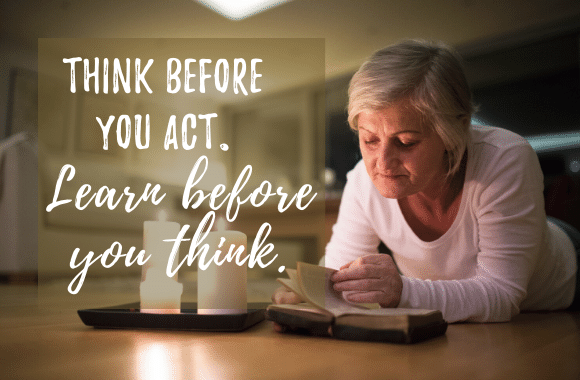 My advice is to find causes that speak to your heart and then listen to what your heart is saying. The most recent money I gave was to a man whose barbershop was destroyed in a fire during one of the protests. I related to how he talked about being self-employed and to his determination to get back to work. I didn’t give a massive amount of money. I didn’t associate my name with it. I did what felt right to me.
My advice is to find causes that speak to your heart and then listen to what your heart is saying. The most recent money I gave was to a man whose barbershop was destroyed in a fire during one of the protests. I related to how he talked about being self-employed and to his determination to get back to work. I didn’t give a massive amount of money. I didn’t associate my name with it. I did what felt right to me.
Do what you can, don’t feel like you have to break your bank—you don’t have to impoverish yourself to help someone else. And while I know I’m not using a donation as a way of excusing myself for being white, I will say it always surprises me that I feel so good about being part of a larger effort to help someone. When we do it together, nobody has to do it all.
And finally, don’t fool into thinking I’m only talking to Americans, or that reading this post counts as “doing something.” 😉
Prejudice and blindness to reality is an issue for everyone on the planet. If you see yourself as a transformational leader, it’s your job to evolve no matter where you live, no matter how hard you think it is, no matter what your work or your message might be.
The work of a transformational leader is to help people see with new eyes, hear with new ears, think with new brains and feel with new hearts.
This is going to be work for all of us. It’s going to take time and it’s not going to be easy. But it might start healing a gaping wound and help us make the bridge to a whole way of being.
In short, it might just help us all transform.
xo, Allison
~~~~~
You are welcome to leave a comment, post a resource, engage in discussion with others.
Note: This is an issue where only one side bends toward justice, so I’ve set my spam filter to delete trolling and negative comments; writing one is a waste of your time.

